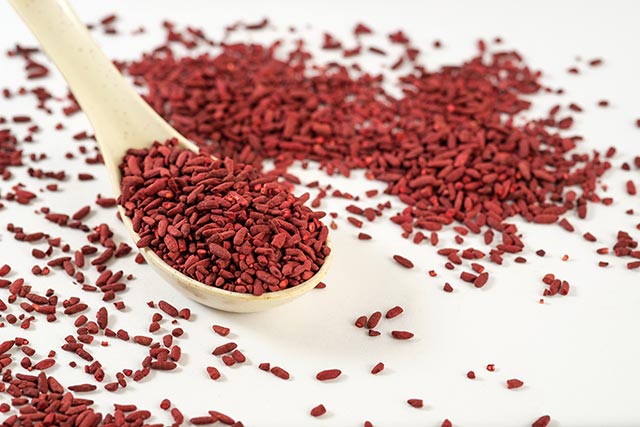The wonders of the human body: Do humans have smell receptors on their tongues?
11/20/2019 / By Edsel Cook

Your sense of smell may not be limited to just your nose. New research suggests that humans have olfactory receptors on their tongues as well as inside their nostrils.
Millions of smell receptors fill the nostrils of mammals, including humans. Their effectiveness varies, but people have a sharper sense of smell than most realize.
Other animals do not have these odor-detecting parts in their nose. Instead, their sense of smell comes from other body parts that bear their olfactory receptors.
For example, the antennae of crabs feature sensitive bristles. These serve as their smell detectors.
Meanwhile, snakes have smell receptors on their forked tongues. When they flick their tongues out, the reptiles are actually sniffing the air instead of tasting it. After all, they don’t have much in the way of taste buds.
Animals also combine their senses of smell and taste to make their way through their surroundings. Snails use the taste receptors and smell receptors on their lower tentacles to guide their way. (Related: A woman’s sense of smell is so sensitive it can sniff out cancer.)
Can a human’s tongue also smell things?
In humans, the two senses complement each other. The olfactory receptors in the nostrils and the gustatory (taste) cells send their input to the brain.
By combining the information from his nose and tongue, the person gets an idea of the food or drink that he is about to consume. Despite this, most researchers believe that the sense of smell in mammals – including humans – work independently of the sense of taste.
100% organic essential oil sets now available for your home and personal care, including Rosemary, Oregano, Eucalyptus, Tea Tree, Clary Sage and more, all 100% organic and laboratory tested for safety. A multitude of uses, from stress reduction to topical first aid. See the complete listing here, and help support this news site.
A new study from the Monell Center (Monell) sought to find out if humans and other mammals might also smell with their tongue. The researchers drew inspiration from an earlier experiment where rats that lacked the taste cortex in their brain found it hard to recognize smells as well as taste.
The Monell researchers ran various tests on taste papilla cells, the taste buds of mice. They exposed the taste receptors to odor molecules.
Next, they grew cultures of mushroom-shaped taste papilla cells from human sources. They performed the same tests on these cells.
Some human taste cells also have smell receptors that detect odors
Led by Dr. Mehmet Hakan Ozdener, the Monell team found that mouse papilla cells did have smell receptors. Further, their cultured human counterparts also possessed the receptors.
The researchers used calcium imaging to see how the cultured human taste cells reacted to odor molecules. They learned that the cells behaved in a similar way to olfactory receptors.
Additional trials demonstrated that the human taste cell might have receptors that can detect both odors and flavors.
“The presence of olfactory receptors and taste receptors in the same cell will provide us with exciting opportunities to study interactions between odor and taste stimuli on the tongue,” explained Ozdener.
The findings showed that the sense of taste and the sense of smell worked more closely together than previously believed. The close cooperation might explain the ability of humans to determine if a meal is consuming.
“Our research may help explain how odor molecules modulate taste perception,” remarked Ozdener. “This may lead to the development of odor-based taste modifiers that can help combat the excess salt, sugar, and fat intake associated with diet-related diseases, such as obesity and diabetes.”
The Monell researchers noted that not all of the taste cells possessed both smell receptors and taste receptors. They planned to investigate the reason for this selectivity. Further, they want to figure out how an odor molecule captured by a taste cell might affect a person’s sense of taste.
Visit Discoveries.news for more fascinating news and studies on the mechanisms of the human body.
Sources include:
Tagged Under: breakthrough, cool science, discoveries, human senses, research, senses, smell receptors, taste buds, taste receptors, tongue



















